Rap on Trial: the battle to keep lyrics out of courtrooms
Jay-Z among rappers backing legislation to stop defendants’ verses from being used against them
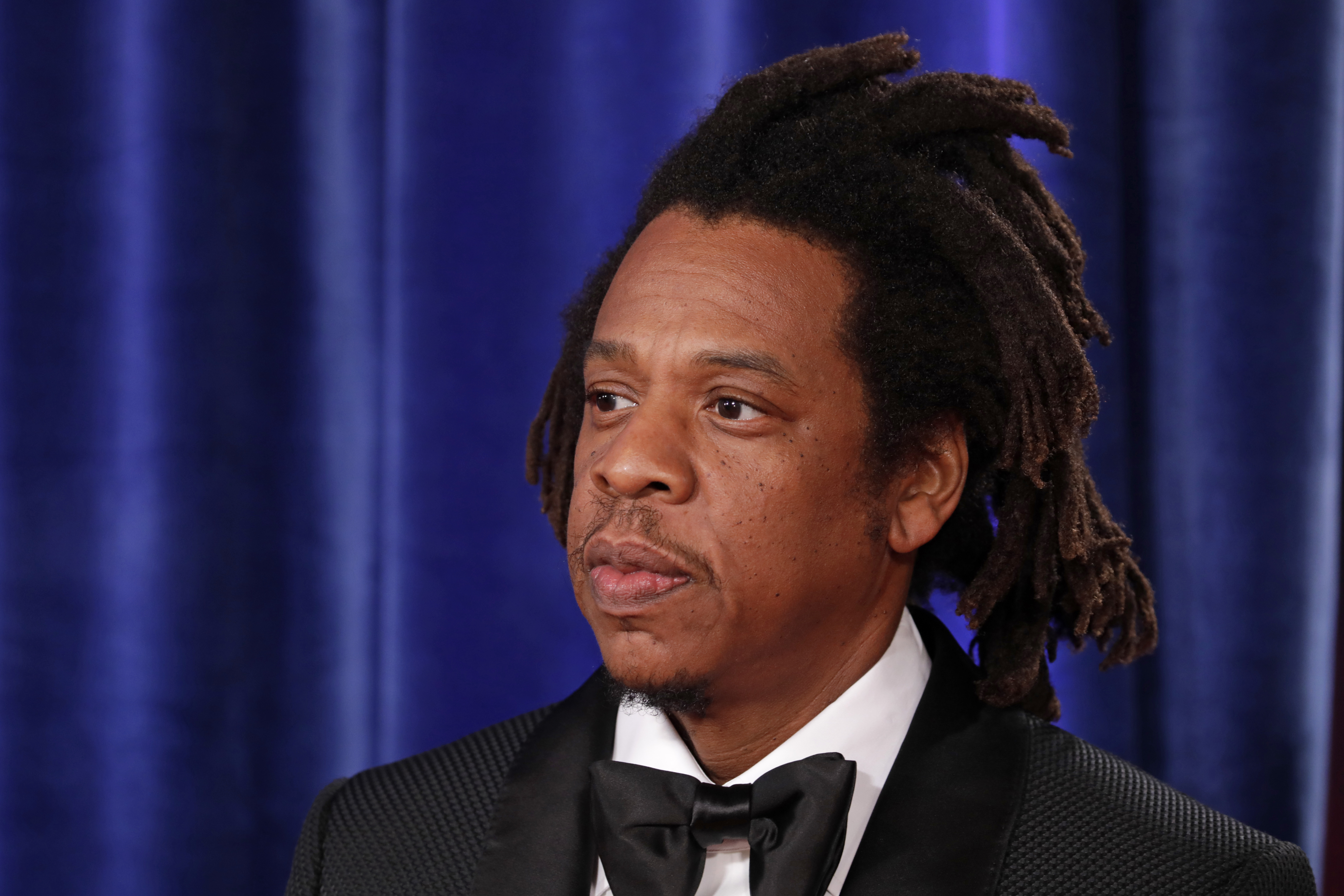
A free daily email with the biggest news stories of the day – and the best features from TheWeek.com
You are now subscribed
Your newsletter sign-up was successful
Musicians including Jay-Z, Kelly Rowland and Killer Mike are backing a bid by two US senators to ban the use of rap lyrics as evidence in criminal trials.
The “Rap Music on Trial” legislation, officially called Senate Bill S7527, would protect artists and content creators “from having their lyrics wielded against them by prosecutors”.
Campaigners argue that using lyrics as evidence has “significant implications” for creative freedom, free speech and the constitutional right to a fair trial. Rather than treating rap music as “an art form whose primary purpose is to entertain”, prosecutors have become “adept” at presenting lyrics as “autobiographical confessions of illegal behaviour” or evidence of the “defendant’s knowledge, motive or identity with respect to the alleged crime”, said the Rap on Trial website, a legal guide for attorneys.
The Week
Escape your echo chamber. Get the facts behind the news, plus analysis from multiple perspectives.

Sign up for The Week's Free Newsletters
From our morning news briefing to a weekly Good News Newsletter, get the best of The Week delivered directly to your inbox.
From our morning news briefing to a weekly Good News Newsletter, get the best of The Week delivered directly to your inbox.
‘Rap Music on Trial’ legislation
Rap lyrics can “activate bias” in potential jurors, according to research findings from Rap on Trial website co-author Charis E. Kubrin, a law professor at the University of California, Irvine (UCI).
Lyrics are “viewed as more dangerous, offensive, threatening and literal when people are told they’re from rap” than when told they’re from a country music song, the UCI website reported.
In a bid to prevent prosecutors from using such bias, New York senators Brad Hoylman and Jamaal Bailey introduced legislation last November that aims to prevent art created by a defendant – including rap lyrics – from being used as evidence against them in a courtroom.
The two Democrats have pointed to a 2014 ruling by the New Jersey Supreme Court. In “the second such case it’s ever had to consider”, The Washington Post reported at the time, the court ruled that rap lyrics should not have been used as evidence against Vonte Skinner, who was convicted of attempted murder over a 2005 shooting after verses that he wrote were read to the jury.
A free daily email with the biggest news stories of the day – and the best features from TheWeek.com
“One would not presume that Bob Marley, who wrote the well-known song I Shot the Sheriff, actually shot a sheriff, or that Edgar Allan Poe buried a man beneath his floorboards, as depicted in his short story The Tell-Tale Heart,” said Justice Jaynee LaVecchia.
Senators Hoylman and Bailey have criticised the double standards applied against rap music, which has “come under scrutiny for decades”.
Rap “is just like any other creative expression”, they argued, yet “social scientists have linked anti-rap attitudes and racially discriminatory behaviour”.
Rap giants back bid
Rap stars including Jay-Z, Rowland, Killer Mike, Fat Joe and Robin Thicke signed a letter this month urging New York State lawmakers to support Senate Bill S7527.
Interpreting rap lyrics “literally” effectively “denies rap music the status of art” and gives prosecutors “a dangerous advantage in the courtroom”, said the letter, penned by Alex Spiro, Jay-Z’s attorney, and University of Richmond professor Erik Nielson, the author of Rap on Trial: Race, Lyrics, and Guilt in America.
“This is a long time coming,” Spiro told Rolling Stone magazine. Changing New York State laws would “send a message that progress is coming”, he said, adding: “We expect it will be followed in a lot of places.”
Down on UK drill
The practice of using a defendant’s art as evidence against them in a courtroom is also employed in the UK.
Rap lyrics and music videos have been used “almost exclusively as evidence against black young men and boys accused of serious offences in urban areas – usually London”, according to Abenaa Owusu-Bempah, an assistant professor of criminal law at the London School of Economics (LSE).
An analysis by Owusu-Bempah of 30 appeal judgments reported between 2005 and 2020 pointed to a “deliberate tactic” by prosecutors “to draw on stereotypical narratives to construct case theories”, she wrote in an article on the LSE blog.
Separate research from the University of Manchester identified more than 60 cases between the mid-2000s and 2020 where rap music was used by prosecutors “as autobiographical confessions to crimes, threats of violence or proof of gang affiliation”, reported DJ Mag.
The rise in the use of such alleged evidence in UK courts has coincided with the growing popularity of drill music, according to Eithne Quinn, a senior lecturer at the university and the head of a research project called Prosecuting Rap: Criminal Justice and UK Black Youth Expressive Culture.
The “heightened moral panic about drill and violence, with all its power and baggage”, is being “pulled into the courtroom”, Quinn told the magazine.
Quinn was instructed as the defence’s rap expert in the 2020 murder case of drill rapper Unknown T (real name Daniel Lena), who was charged over a fatal stabbing at a New Year’s Eve house party in north London two years earlier. In what DJ Mag described as “an unusual move”, the trial judge dismissed the prosecution’s attempt to use the rapper’s lyrics as evidence as “highly prejudicial ”and an effort “to bolster an otherwise weak or flawed case”.
Unknown T was “acquitted of all charges”, the magazine reported, but “others haven’t been so lucky”.
Kate Samuelson is The Week's former newsletter editor. She was also a regular guest on award-winning podcast The Week Unwrapped. Kate's career as a journalist began on the MailOnline graduate training scheme, which involved stints as a reporter at the South West News Service's office in Cambridge and the Liverpool Echo. She moved from MailOnline to Time magazine's satellite office in London, where she covered current affairs and culture for both the print mag and website. Before joining The Week, Kate worked at ActionAid UK, where she led the planning and delivery of all content gathering trips, from Bangladesh to Brazil. She is passionate about women's rights and using her skills as a journalist to highlight underrepresented communities. Alongside her staff roles, Kate has written for various magazines and newspapers including Stylist, Metro.co.uk, The Guardian and the i news site. She is also the founder and editor of Cheapskate London, an award-winning weekly newsletter that curates the best free events with the aim of making the capital more accessible.
-
 The ‘ravenous’ demand for Cornish minerals
The ‘ravenous’ demand for Cornish mineralsUnder the Radar Growing need for critical minerals to power tech has intensified ‘appetite’ for lithium, which could be a ‘huge boon’ for local economy
-
 Why are election experts taking Trump’s midterm threats seriously?
Why are election experts taking Trump’s midterm threats seriously?IN THE SPOTLIGHT As the president muses about polling place deployments and a centralized electoral system aimed at one-party control, lawmakers are taking this administration at its word
-
 ‘Restaurateurs have become millionaires’
‘Restaurateurs have become millionaires’Instant Opinion Opinion, comment and editorials of the day
-
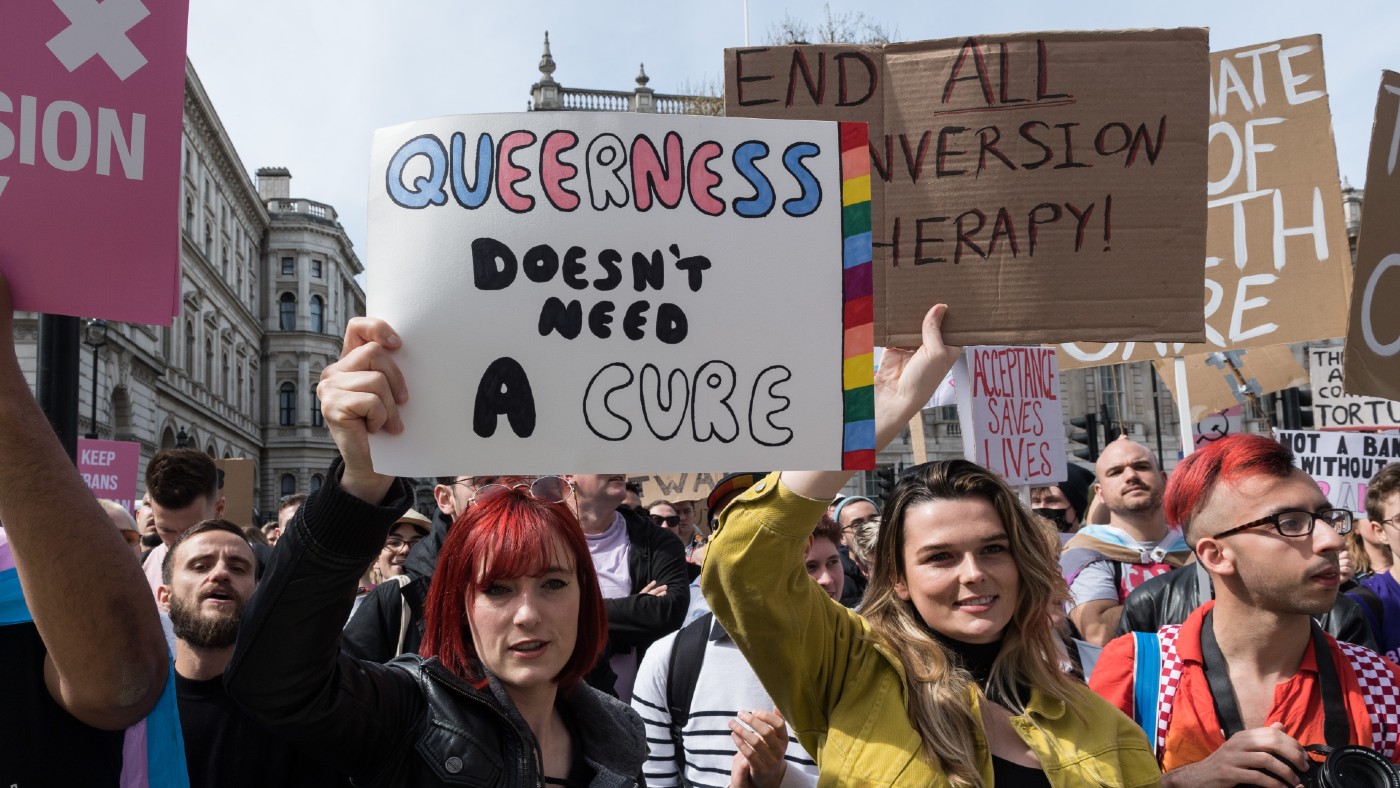 The countries that have banned conversion therapy
The countries that have banned conversion therapyIn the Spotlight Former PM Theresa May has urged UK government to ban practice for transgender people
-
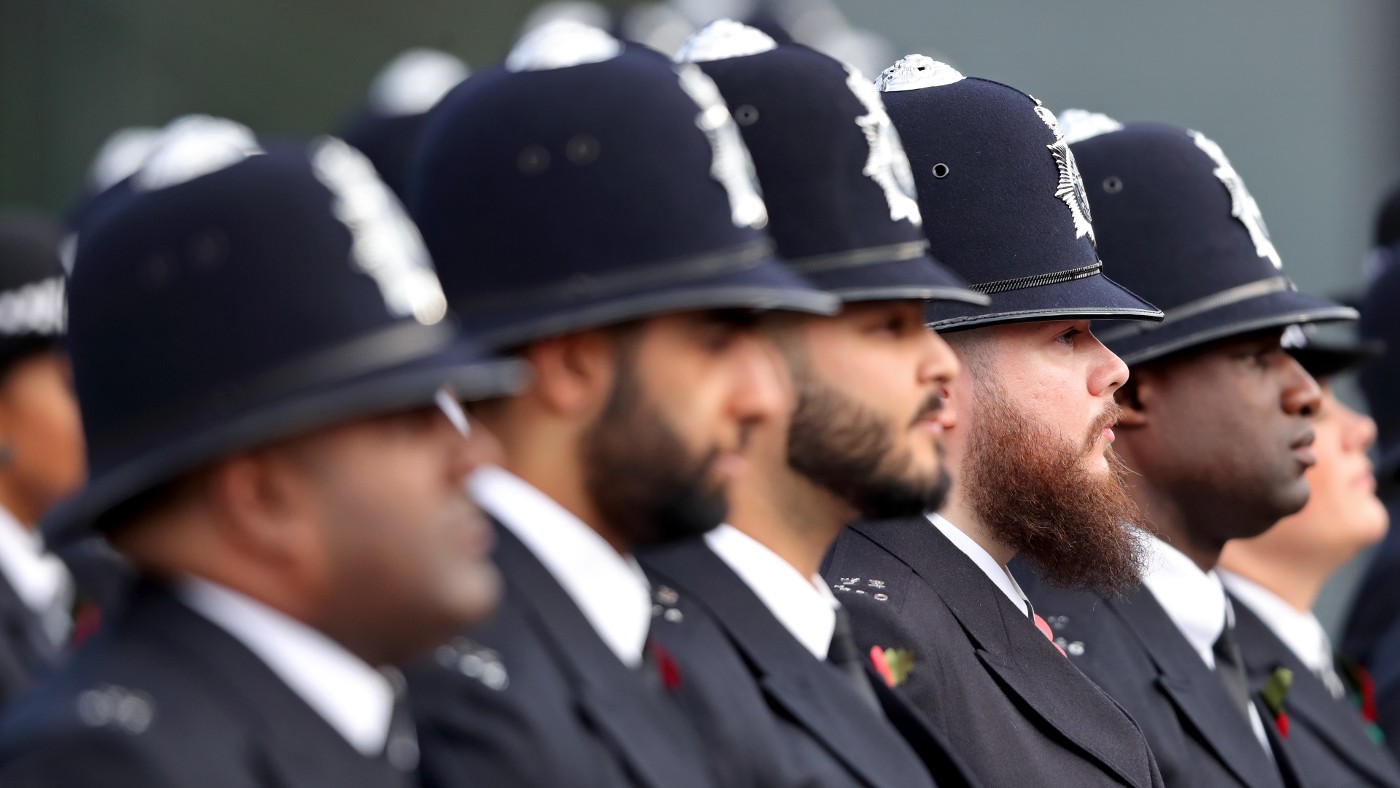 What putting Metropolitan Police in ‘special measures’ means for the force
What putting Metropolitan Police in ‘special measures’ means for the forceIn the Spotlight Scotland Yard facing greater scrutiny and pressure to produce improvement plan following criticisms by watchdog
-
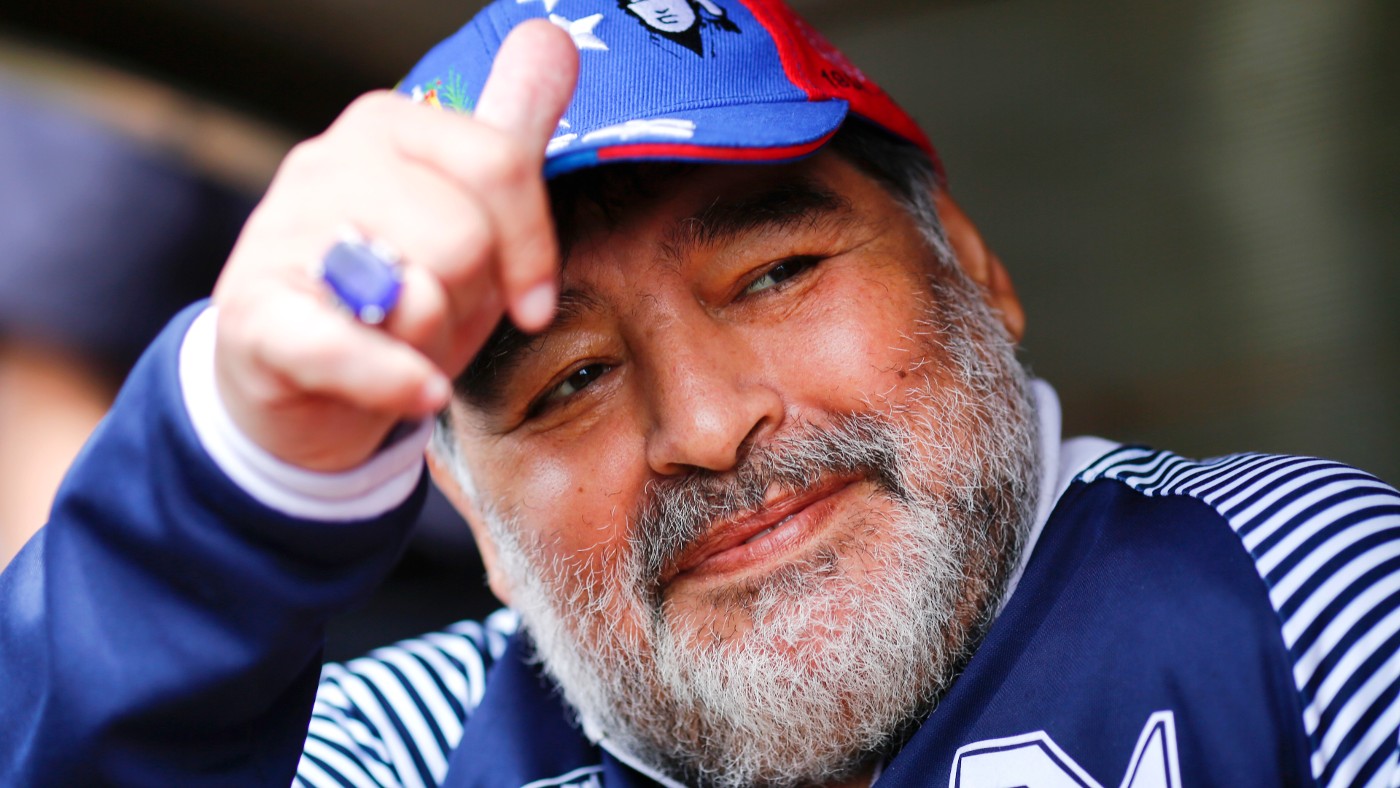 Maradona and the ‘simple homicide’ trial
Maradona and the ‘simple homicide’ trialIn the Spotlight Prosecutors claim football legend’s death was result of ‘omissions’ by medics and a psychologist
-
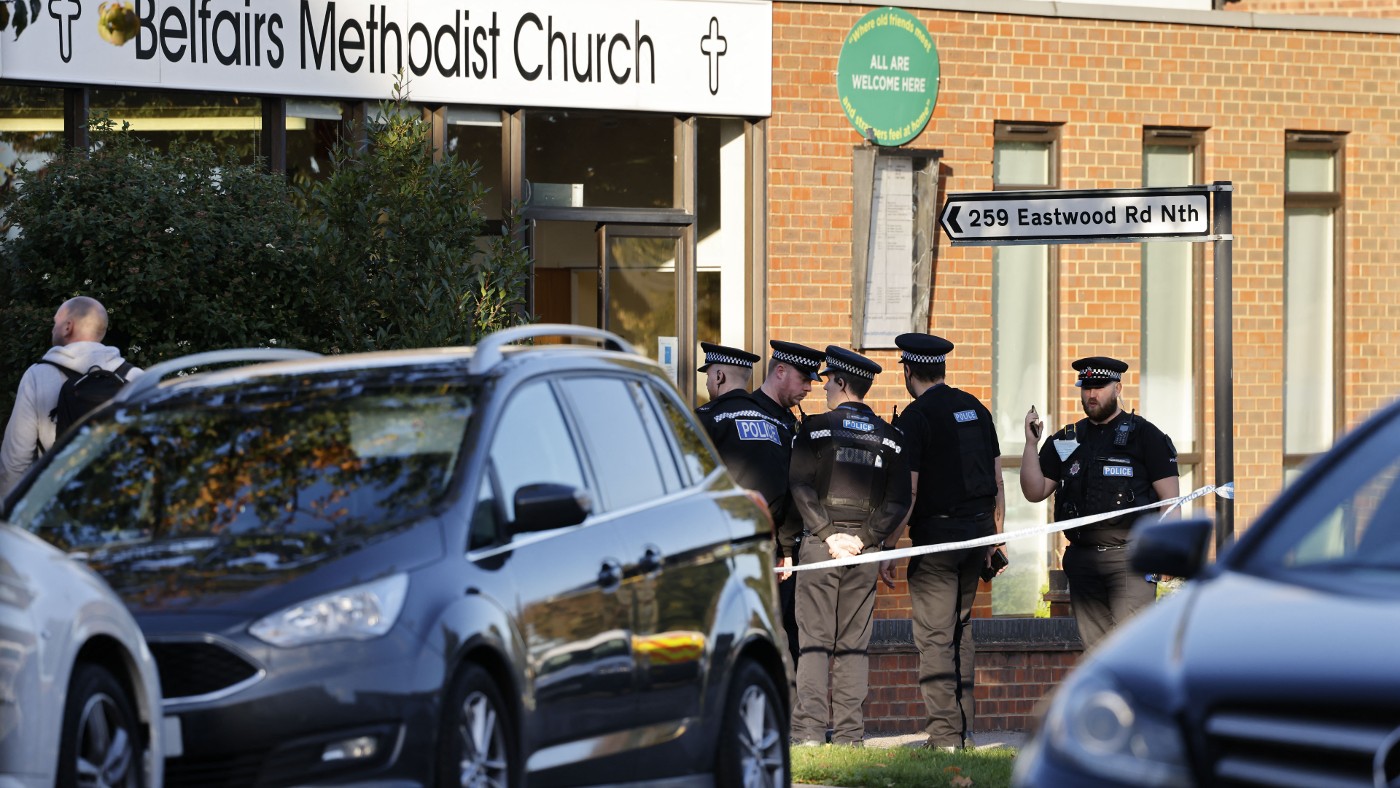 David Amess murder trial: ‘harrowing’ details of attack play out in court
David Amess murder trial: ‘harrowing’ details of attack play out in courtIn the Spotlight Emergency phone call by witness played to jury
-
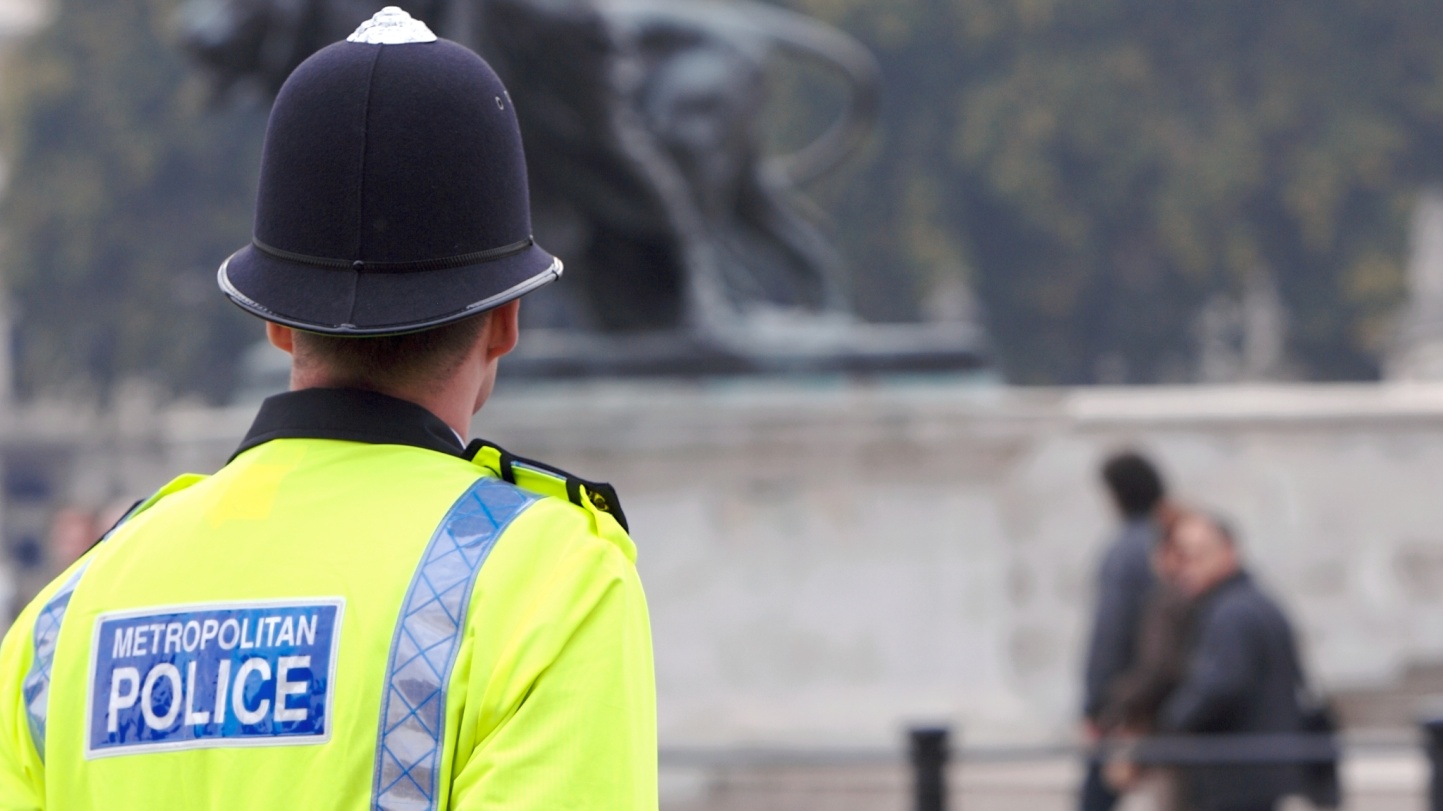 Can the Metropolitan Police rebuild public trust?
Can the Metropolitan Police rebuild public trust?In the Spotlight Hunt for a police chief beings as Cressida Dick steps down from top job
-
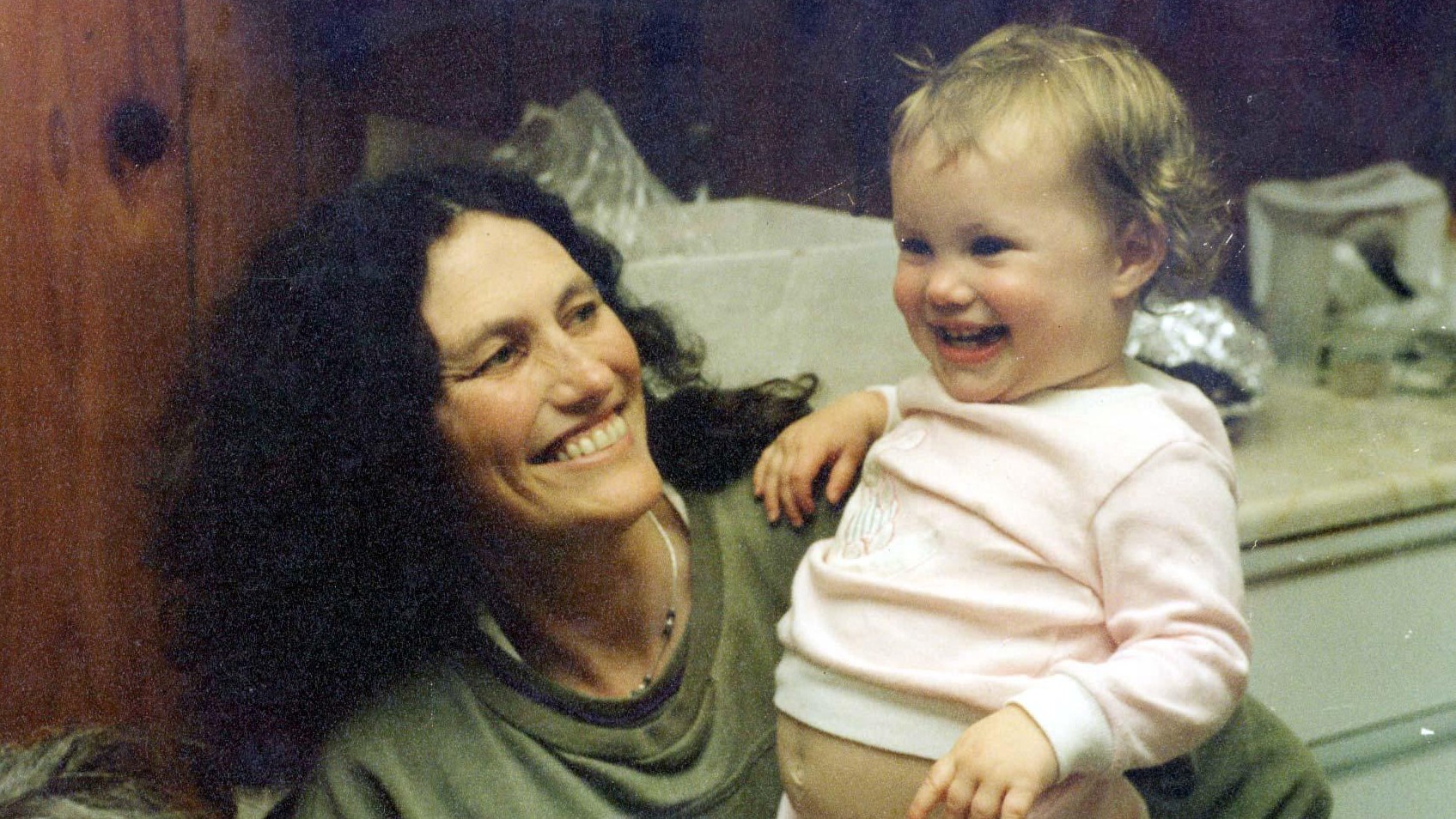 Is Levi Bellfield telling the truth about the Russell murders?
Is Levi Bellfield telling the truth about the Russell murders?In the Spotlight Killer confesses to double murder that put another man behind bars for two decades
-
 ‘Gingerism’: the last socially acceptable form of bullying?
‘Gingerism’: the last socially acceptable form of bullying?In the Spotlight Human rights champion calls for greater protection for red-headed children
-
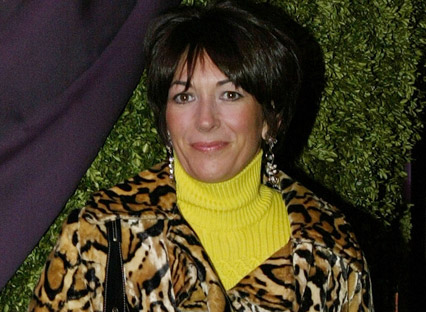 Ghislaine Maxwell: the allegations examined
Ghislaine Maxwell: the allegations examinedIn the Spotlight Prosecutors at New York trial will argue the British socialite groomed underage girls for Jeffrey Epstein